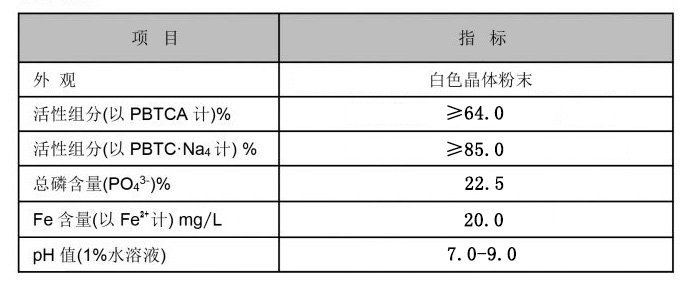Flocculation Agents for Efficient Water Treatment and Purification Processes
Understanding Water Treatment The Role of Flocculation Chemicals
Water is an essential resource for life, playing a critical role in human health, agriculture, industry, and the environment. However, the availability of clean, safe drinking water is an ongoing challenge around the world. To address this issue, various treatment methods are employed, and one of the most effective techniques is flocculation. At the heart of this process are flocculation chemicals, which play a pivotal role in ensuring that water is free from impurities and safe for consumption.
What is Flocculation?
Flocculation is a water treatment process that involves the aggregation of fine particles into a floc, or clump, which can then be more easily removed from the water. This is especially important in treating surface water, which contains various impurities such as silt, organic materials, and microorganisms. The objective of flocculation is to enhance the sedimentation of these particles, making the overall purification process more efficient.
The flocculation process typically follows coagulation, where chemicals are added to destabilize the particles suspended in the water. Coagulants, such as aluminum sulfate (alum) or ferric chloride, are introduced to neutralize the charges on the particles, allowing them to come together and form larger aggregates.
Flocculation Chemicals Types and Functions
Flocculation chemicals can be broadly categorized into several groups, including coagulants, flocculants, and pH adjusters. Each of these plays a unique role in the treatment process
1. Coagulants As mentioned, coagulants are used to neutralize the charges on particles. Common coagulants include aluminum sulfate, ferric chloride, and polyaluminum chloride (PAC). These substances help to form larger aggregates by promoting the adhesion of particles.
2. Flocculants Unlike coagulants, which facilitate the initial aggregation, flocculants help to strengthen and consolidate the flocs. They are high molecular weight polymers that enhance the settling and filtration processes. Products such as polyacrylamides are often used as flocculants in water treatment applications.
3. pH Adjusters The pH of the water can significantly impact the effectiveness of coagulants and flocculants. In some cases, pH adjusters like lime or sulfuric acid are added to ensure that the water is in the optimal range for treatment. This helps to maximize the efficiency of the coagulation and flocculation processes.
water treatment flocculation chemicals

Benefits of Flocculation Chemicals
The use of flocculation chemicals in water treatment presents several benefits
- Improved Water Quality Flocculation chemicals effectively remove suspended solids, colloidal materials, and pathogens, resulting in clearer and safer drinking water. - Cost-Effectiveness By improving the efficiency of particle removal, these chemicals help reduce the overall treatment costs. They can lead to lower energy consumption and decrease the need for extensive filtration systems.
- Environmental Considerations Advances in flocculation chemistry have led to the development of biodegradable and environmentally friendly products, reducing the ecological impact of water treatment processes.
Challenges and Considerations
Despite their benefits, the use of flocculation chemicals requires careful management. The dosage must be accurately calculated to avoid overdosing, which can lead to chemical residuals in the treated water. Additionally, the selection of the right type of chemicals is crucial, as different water sources may require specific treatments based on their unique properties.
Furthermore, regulations surrounding the use of chemicals in water treatment can vary by region, and water treatment facilities must ensure compliance with local laws to maintain public health and safety.
Conclusion
Flocculation chemicals play a vital role in the modern water treatment process. By facilitating the removal of impurities, enhancing water clarity, and ensuring safe drinking water availability, they are indispensable tools in the fight against water contamination. As technology advances, ongoing research into more effective and eco-friendly flocculation chemicals will continue to improve our ability to produce clean water for all. As we navigate the complexities of global water management, understanding the importance of flocculation chemicals remains a key component of sustainable practices in water treatment.
-
Water Treatment with Flocculant Water TreatmentNewsJun.12,2025
-
Polymaleic AnhydrideNewsJun.12,2025
-
Polyaspartic AcidNewsJun.12,2025
-
Enhance Industrial Processes with IsothiazolinonesNewsJun.12,2025
-
Enhance Industrial Processes with PBTCA SolutionsNewsJun.12,2025
-
Dodecyldimethylbenzylammonium Chloride SolutionsNewsJun.12,2025





